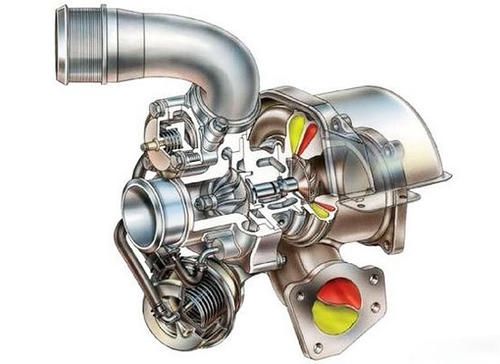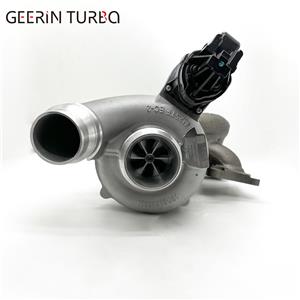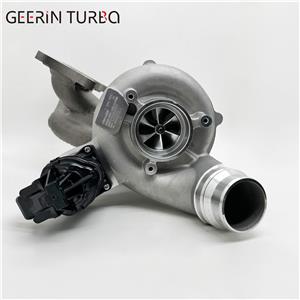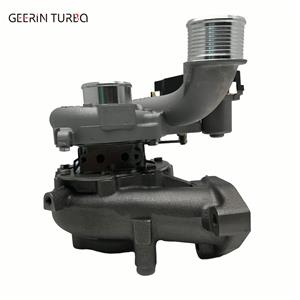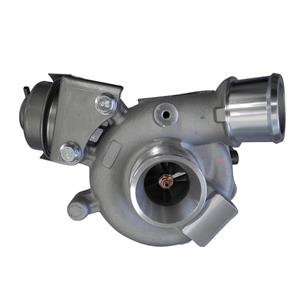How to prove you can drive a turbocharger car?
How to prove you can drive a turbocharger car?
At present, automobiles are developing in the direction of small displacement in order to achieve the purpose of energy saving and emission reduction. In theory, displacement is proportional to power. The larger the displacement, the stronger the power. In today's era of smaller and smaller displacement, turbo technology can create a delicate relationship between displacement and performance. Turbocharged engines below 1.0L basically reach the standard of ordinary 1.6L naturally aspirated engines.
Today, many family cars are equipped with small-displacement turbocharged engines. Going out without a "T" is embarrassing these days. However, the popularity of engine knowledge is obviously not as fast as the popularity of turbocharging. Therefore, many people drive turbocharged cars as naturally aspirated cars. Over the years, accidental injuries have accumulated and become fatal. The following three things are unknown based on the characteristics of a turbocharger, which shows that you really don't know how to drive a turbocharged car.
Turbocharger overheating
Some people drive turbo cars at high speed and then go to the service area to stop and rest immediately. After the engine runs at high speed for a long time, it should be kept idling for 3-5 minutes before stopping. The reason is that while the engine is running, a portion of the oil is used to lubricate and cool the bearings in the turbocharger. After the engine is stopped, the oil pressure quickly becomes zero, the hot oil is trapped between the turbocharger bearings, unable to cool the heat, and after the engine is stopped, the turbine blades will still be running at high speed for a period of time due to inertia. Therefore, the residual oil in the turbine bearings may be too high due to the high temperature. This will damage the bearing. This will inevitably affect the life of the turbocharger for many years.
Insufficient lubrication after landing
It doesn't matter if you need to warm up the car or not. With the engine and filtration technology, it doesn't matter if the car is hot or not. But for turbocharged vehicles, it's still necessary. Especially in cold winters, it should continue to idle for a while after landing, so that the oil has enough time for the turbines. The turbocharger rotor and bearings are lubricated. Do not step on the accelerator vigorously after starting. Due to poor lubrication, the oil seal of the turbocharger may be damaged and lost.
Do turbochargers require additional maintenance?
As we all know, car maintenance is to replace the "three filters", namely oil filter, gasoline filter and air filter. Turbocharged engines have higher requirements on the cleanliness of the intake air. With the continuous improvement of oil quality, the routine maintenance of 5,000 kilometers can be continuously postponed, but for turbine engines, it is necessary to clean the air filter on time during the small maintenance cycle, which can prevent impurities such as dust from entering the turbine, resulting in the speed of the blades being slow. Stabilizer or other seals accelerate wear.
For various reasons, when you need to remove the supercharger and repair the car, you must remember to keep the joints sealed. You will need to plug the joints with clean material to prevent debris from entering the turbine and damaging the internals. In addition, due to the high speed operation of the turbine blades for a long time, the lubrication system can coke part of the lubricating oil due to the high temperature. Therefore, it is also a good vehicle usage habit to regularly clean the pipes in the lubrication system.
In particular, the turbocharger works in a high temperature environment for a long time, so more attention should be paid to its maintenance. Otherwise, this long-term vicious cycle will indeed lead to the scrapping of the turbocharger in advance, or directly affect the power performance of the engine.
